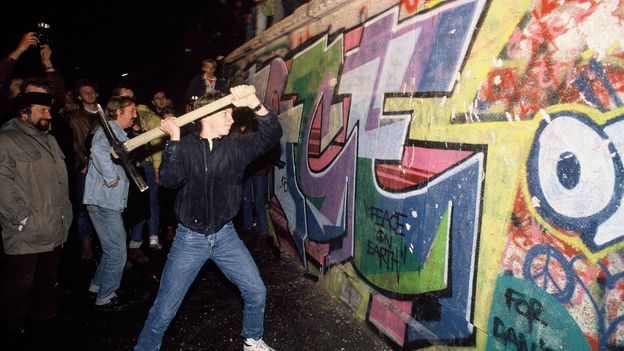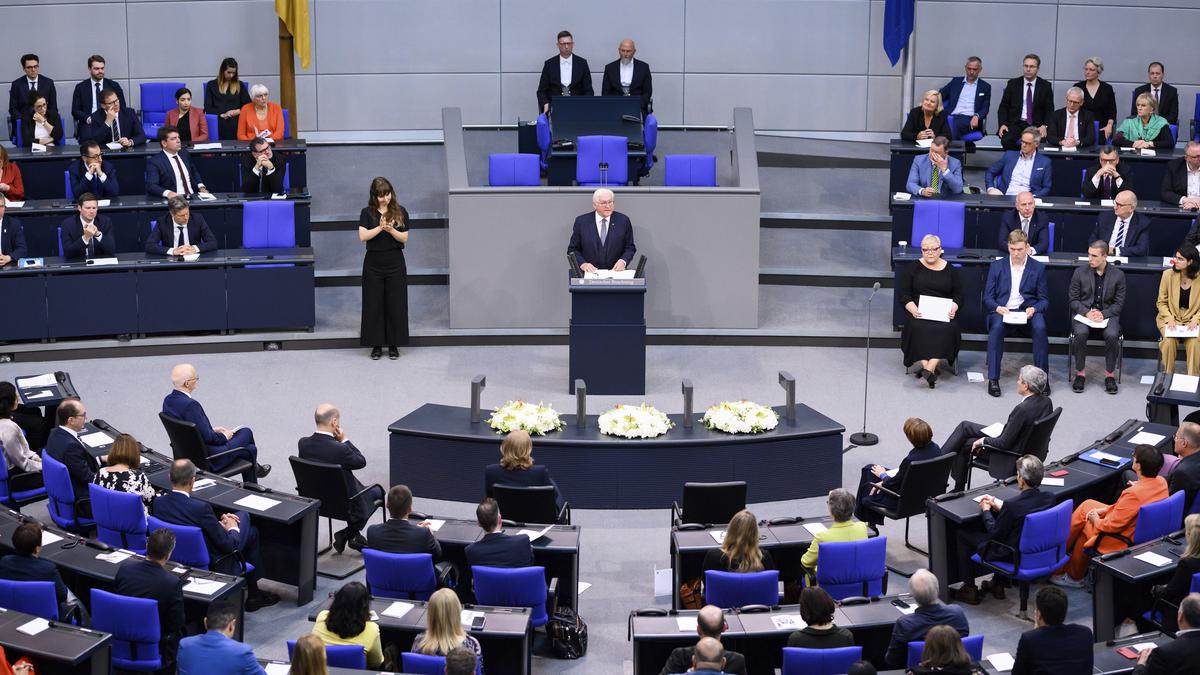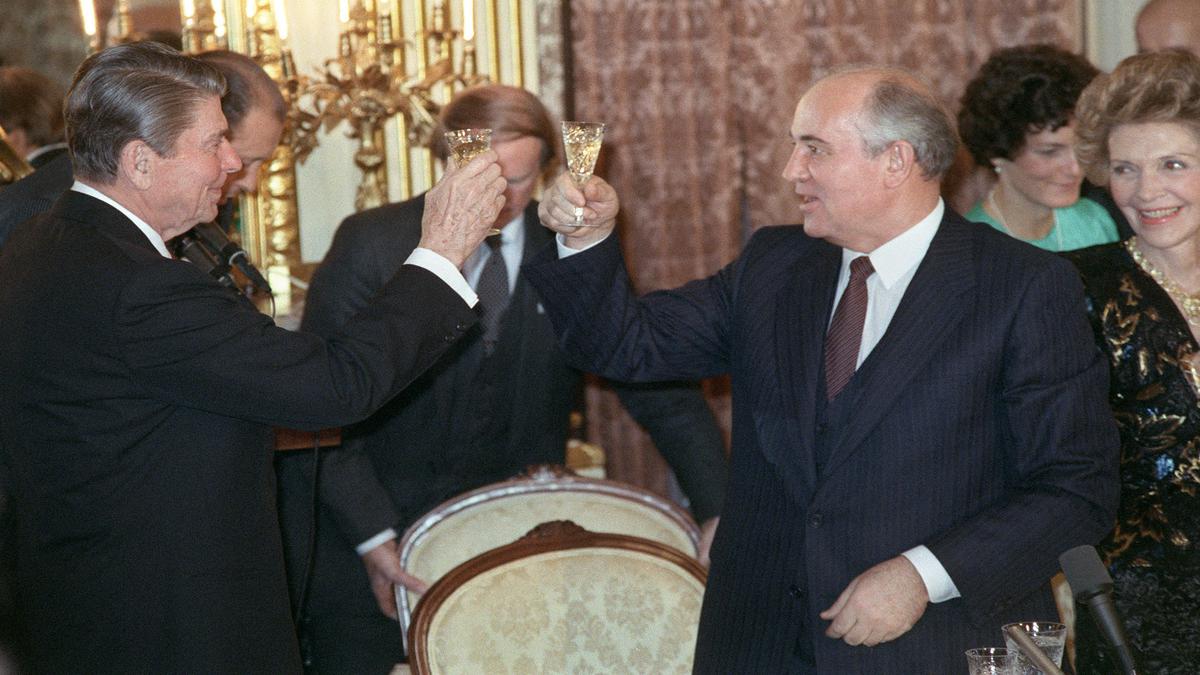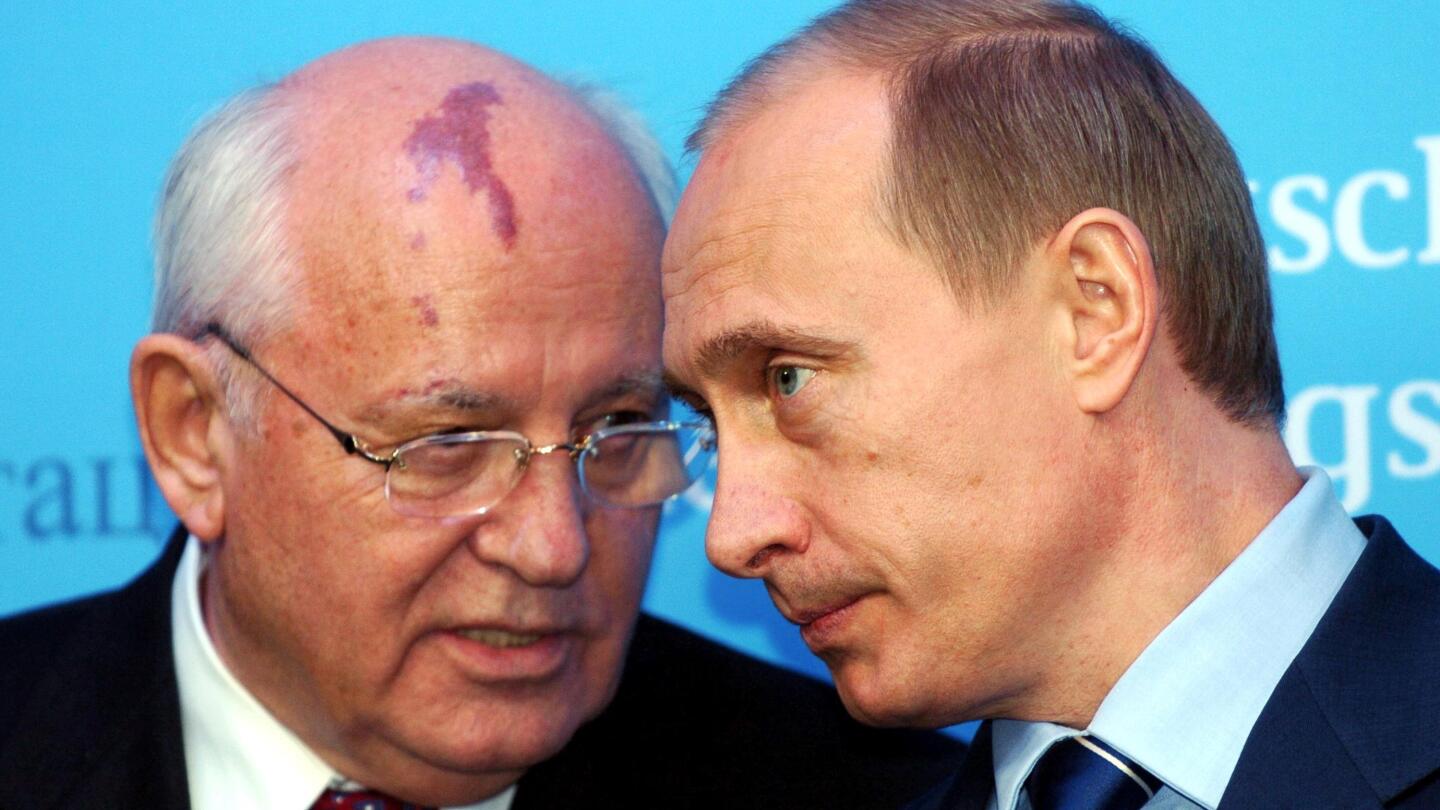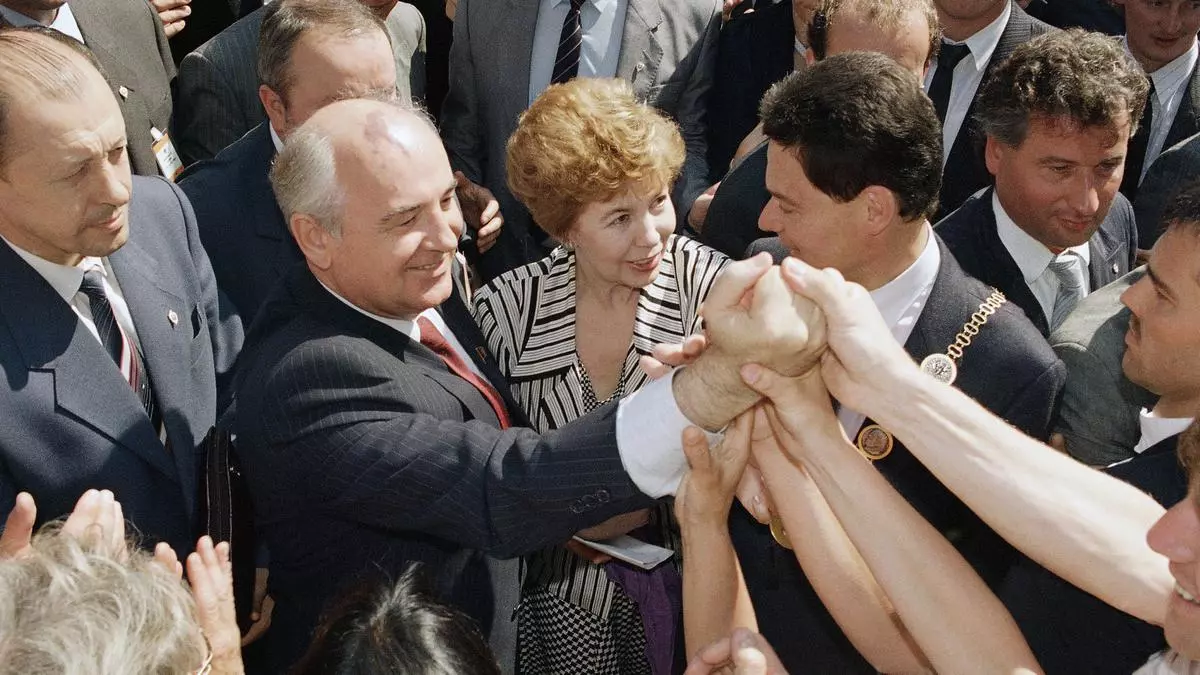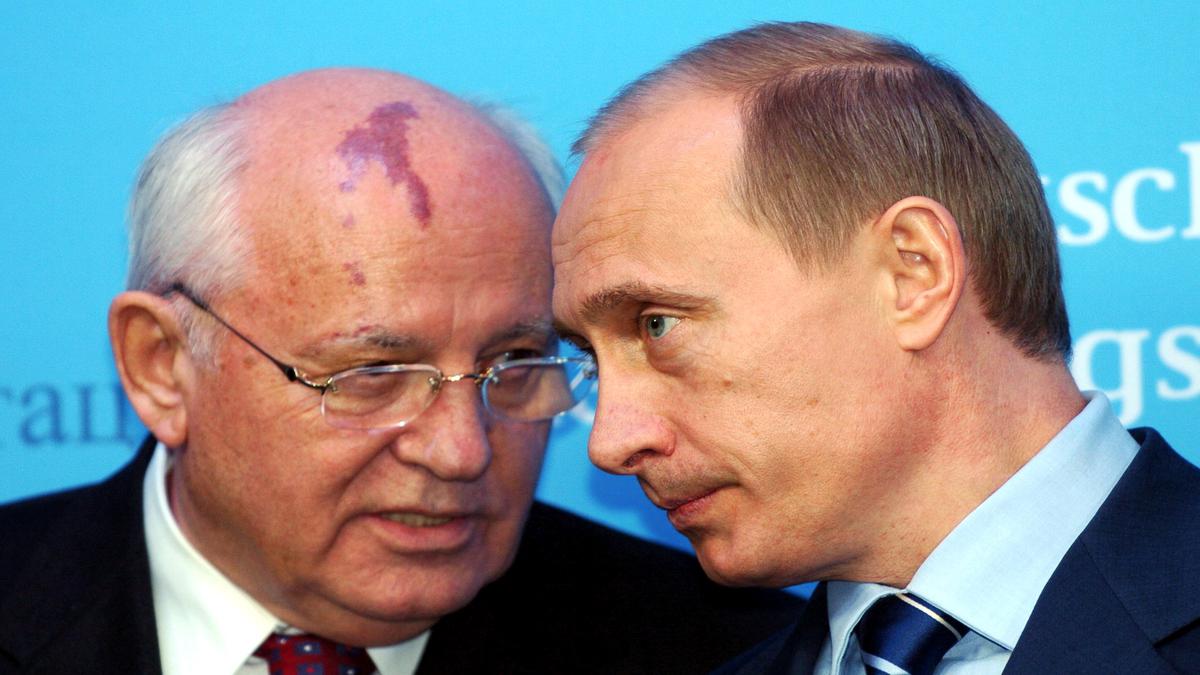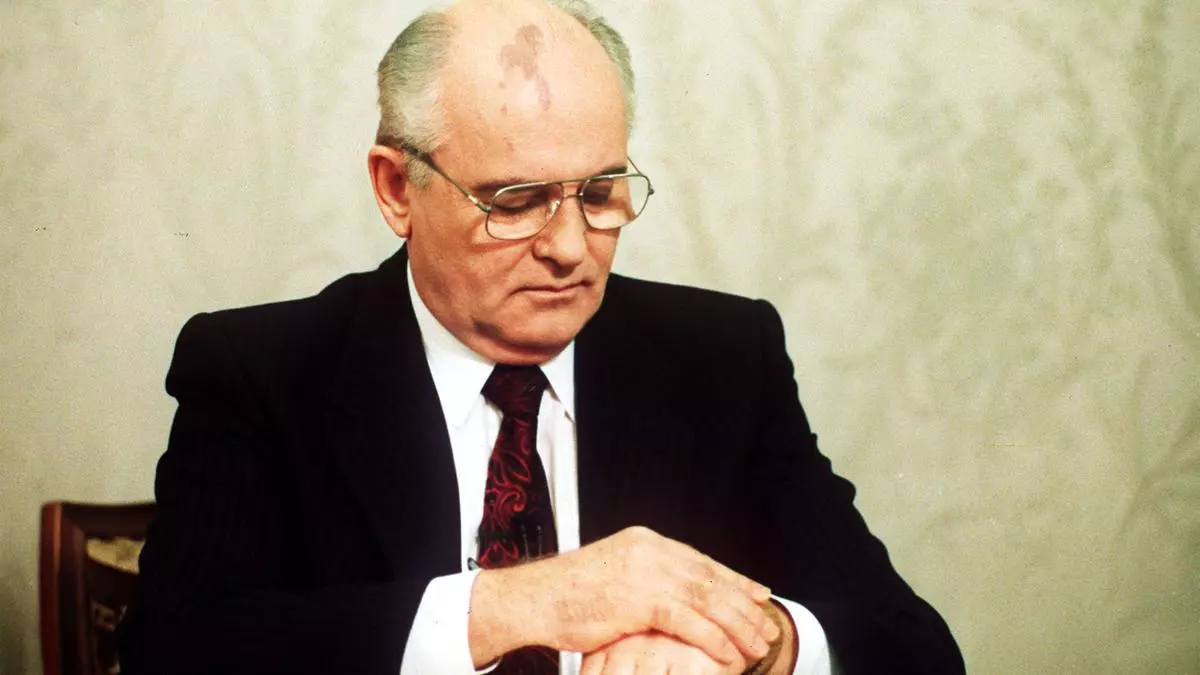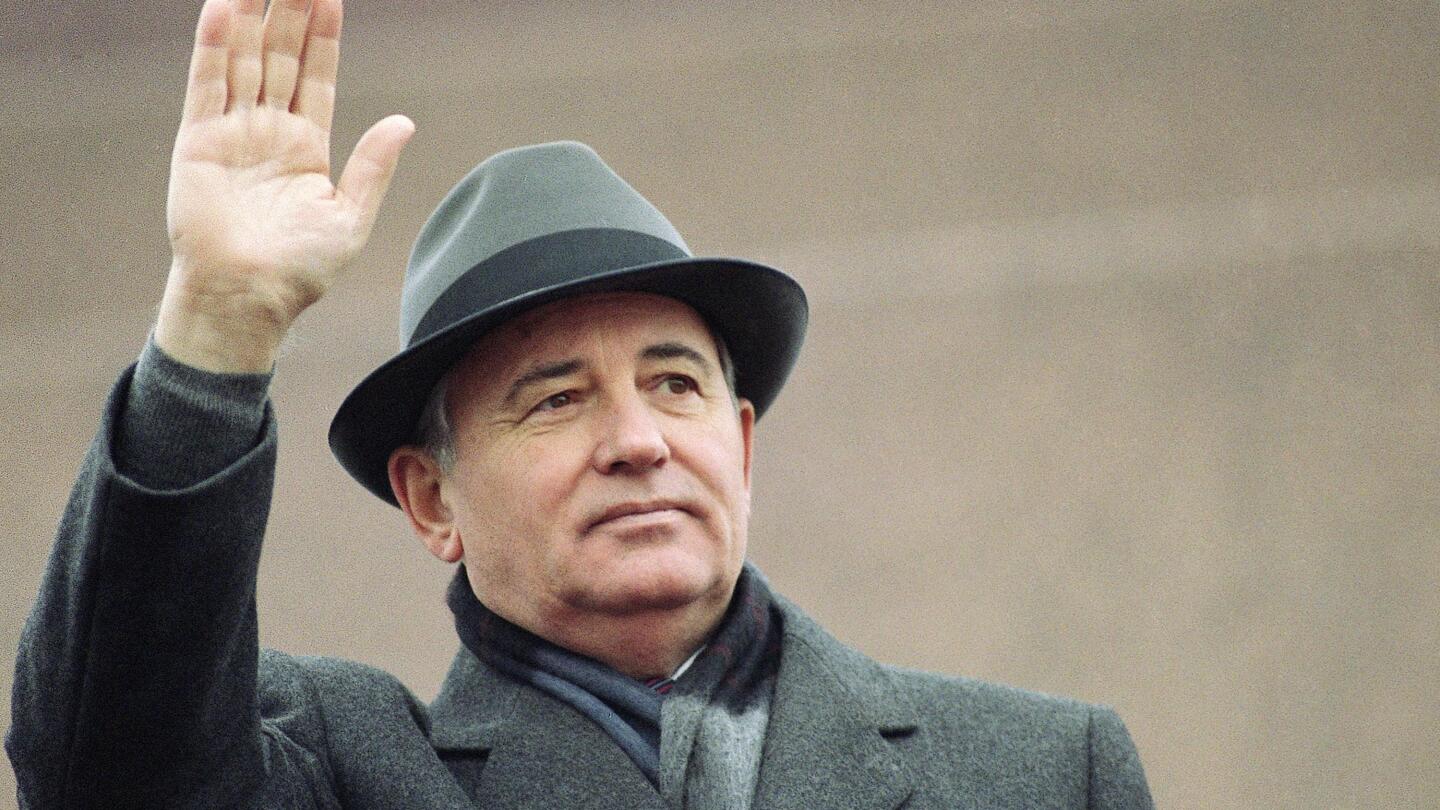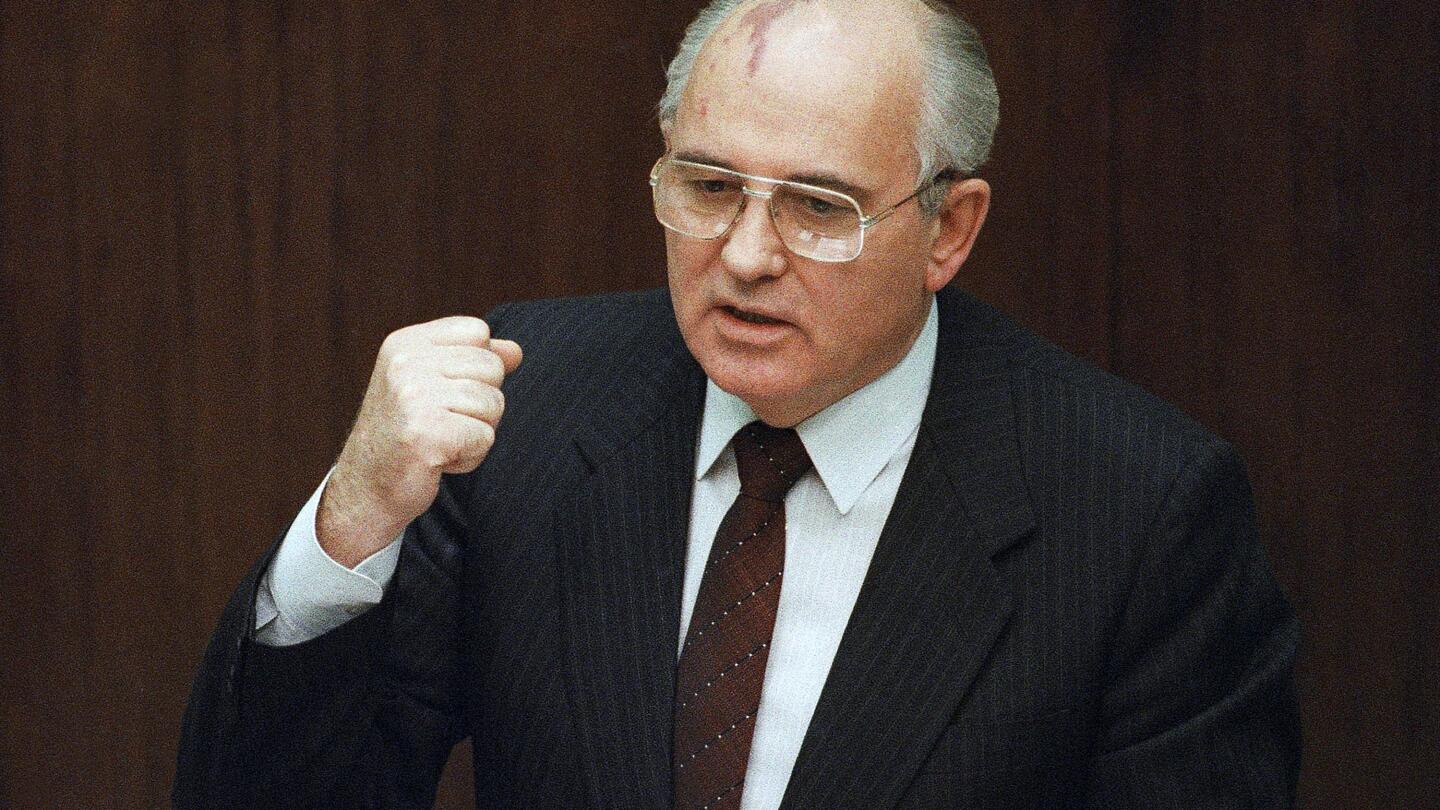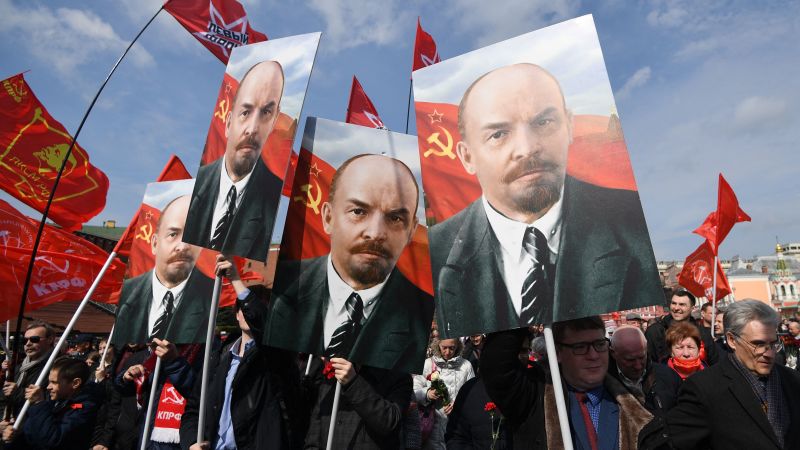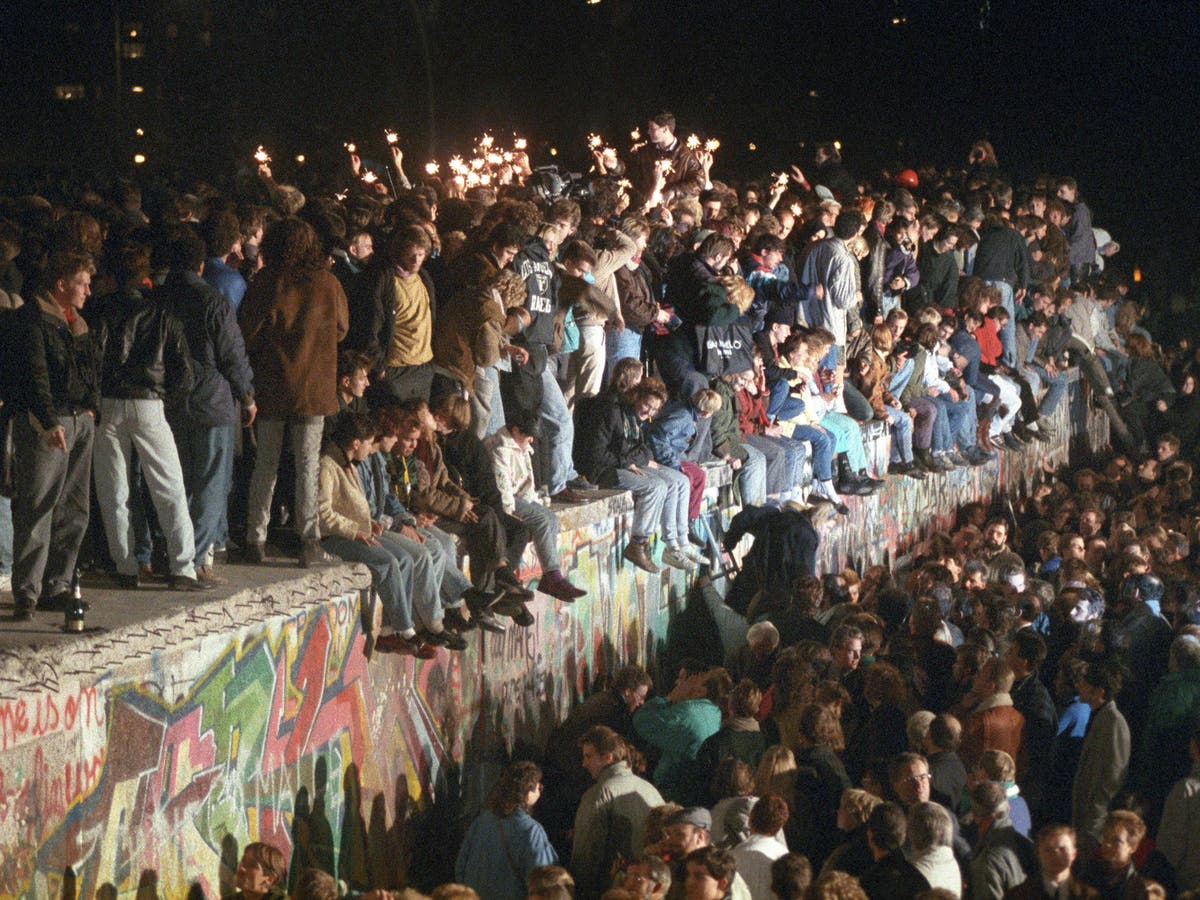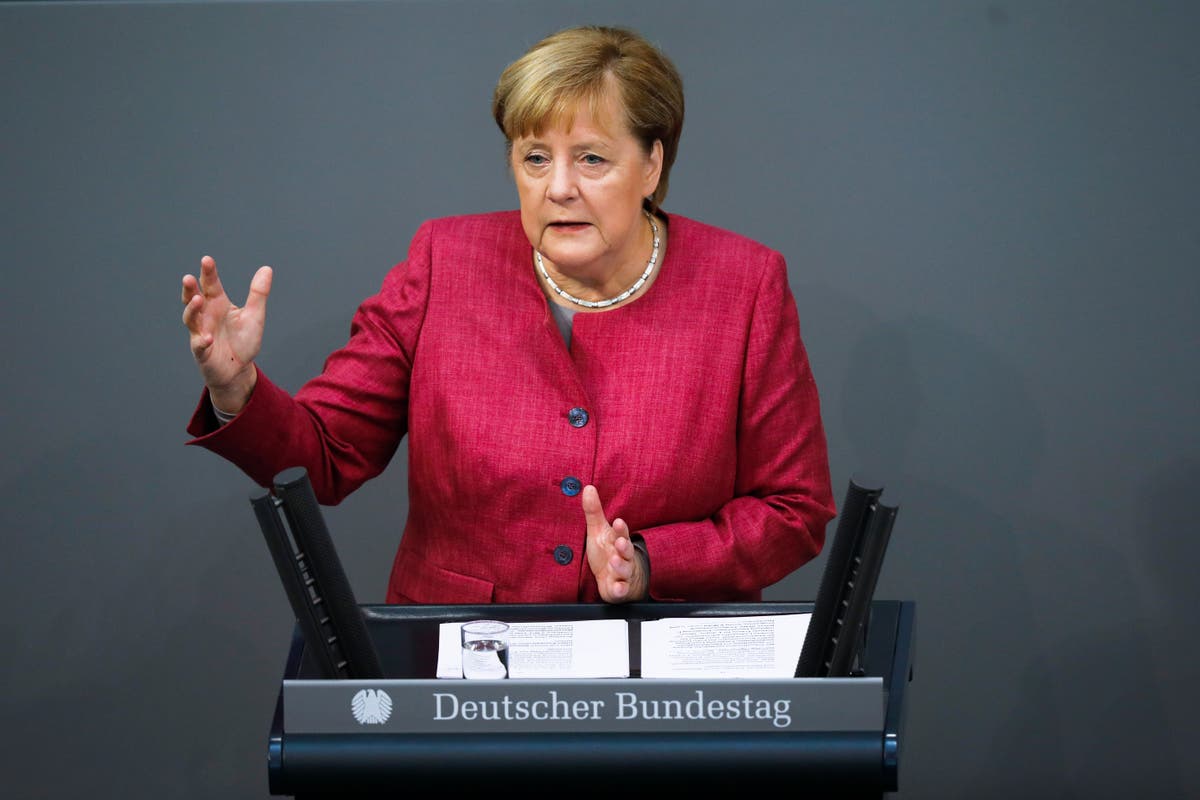
Gorbachev remembered fondly in Germany for enabling unity
Associated PressBERLIN — Mikhail Gorbachev was enduringly popular in Germany for enabling the country’s reunification after four decades of post-World War II division — and setting the scene for the peaceful collapse of communism that made it possible. “And that it then happened — in peace and freedom, without a drop of blood, couldn’t have been imagined without Gorbachev.” Former Chancellor Angela Merkel, who grew up in East Germany and worked as a scientist there, said that “Mikhail Gorbachev radically changed my life as well — I will never forget that.” Soon after taking power in Moscow, Gorbachev had started the process of reform and increasing openness. “Instead, Mikhail Gorbachev reproached the aging East German leadership with the sentence: ‘Life punishes those who come too late.’” Just over a month later, under pressure from ever-larger demonstrations, the East German government opened the highly fortified border that had stopped most of the country’s population from traveling to the West. In February 1990, Kohl said during a visit to Moscow that Gorbachev had “pledged unambiguously that the Soviet Union will respect the Germans’ decision to live in one state, and that it is a matter for the Germans to determine the timing of and path to unification.” In July, Kohl visited Gorbachev’s home region in southern Russia, returning with an agreement from Gorbachev to allow a united Germany to remain in the NATO military alliance and for a full withdrawal of Soviet troops from the east by 1994. Chancellor Olaf Scholz lamented that Gorbachev set the path toward democracy in Russia but died at a time when “democracy in Russia has failed.” Gorbachev, Vice Chancellor Robert Habeck said, “also stands for how relations between Russia and Europe could have developed.” The German parliament said it will honor Gorbachev next Wednesday, holding a minute of silence and lowering the flags at the Reichstag building in Berlin to half-staff.
History of this topic
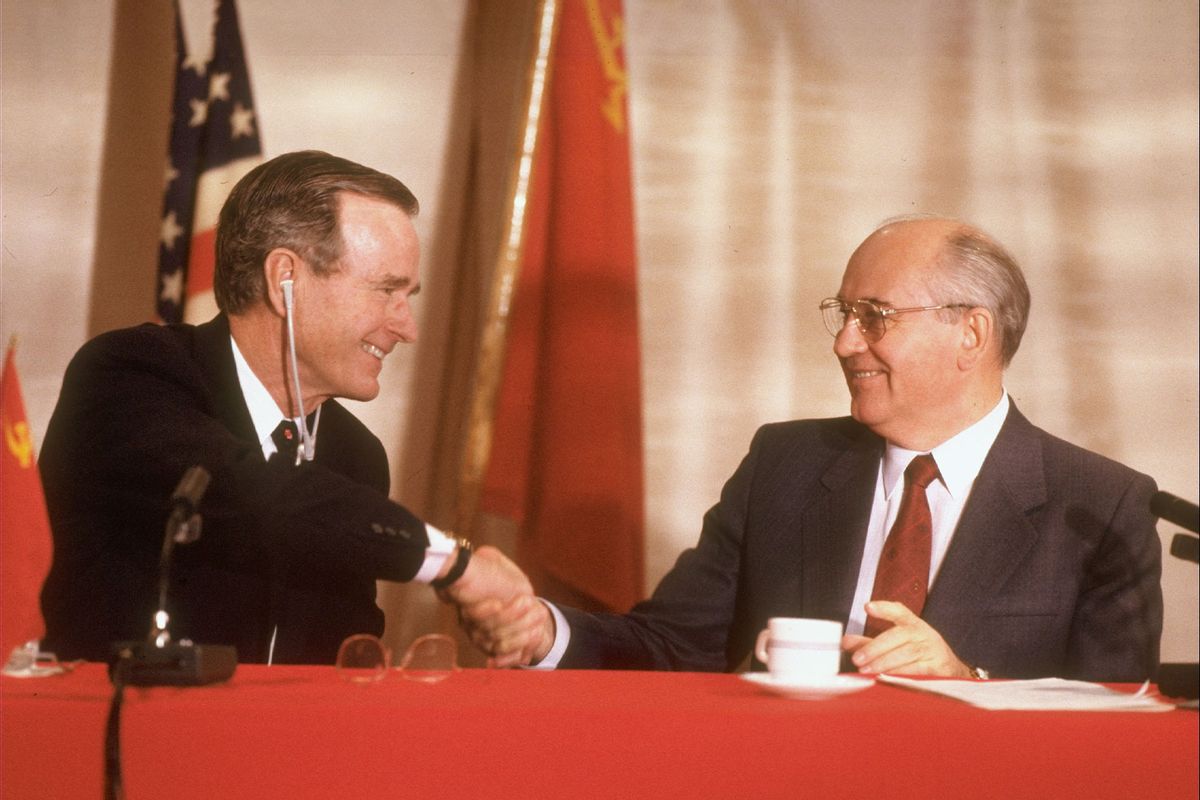
Gorbachev and Bush: The world's massive missed opportunity for peace
Salon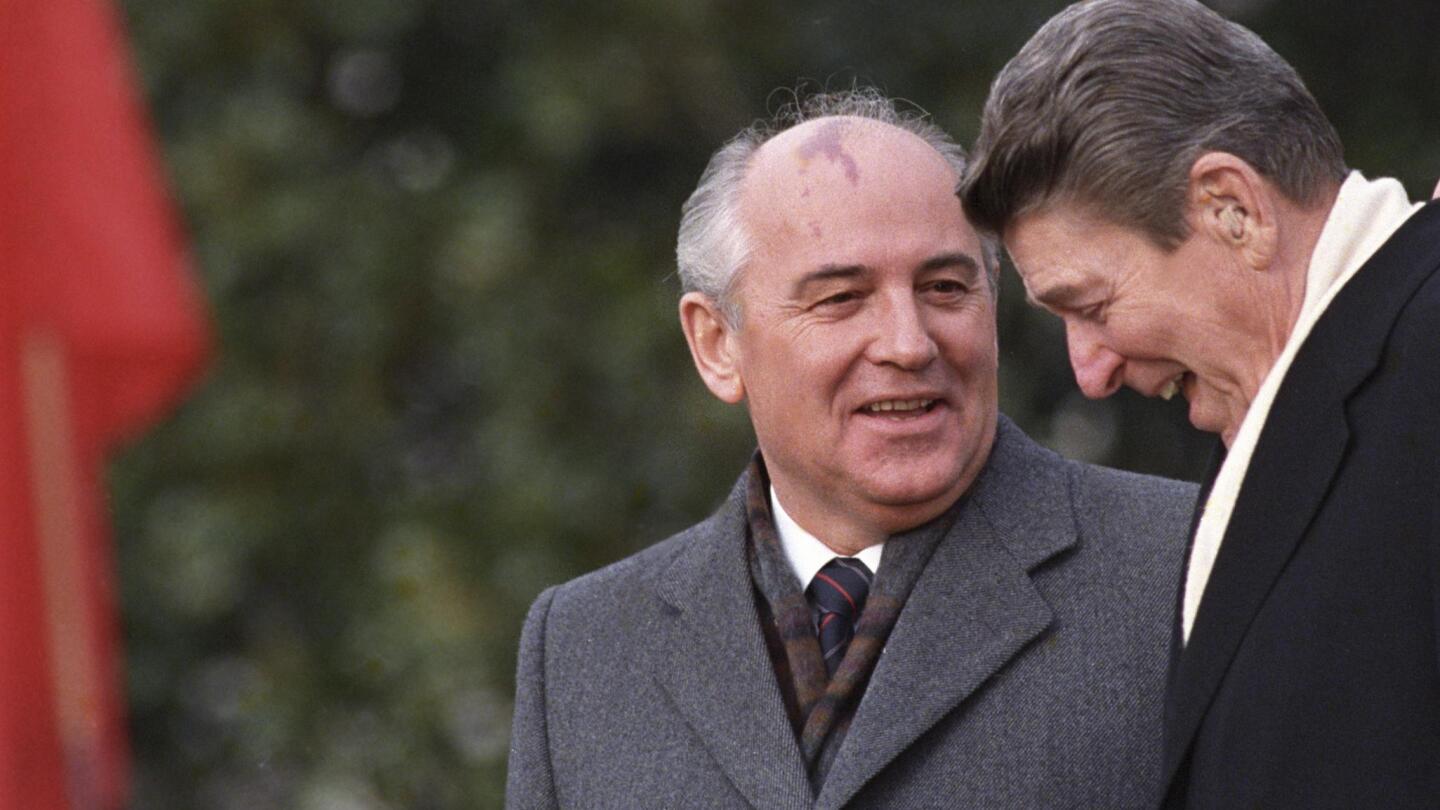
Gorbachev mourned as rare world leader but some still bitter
Associated PressDiscover Related

)

